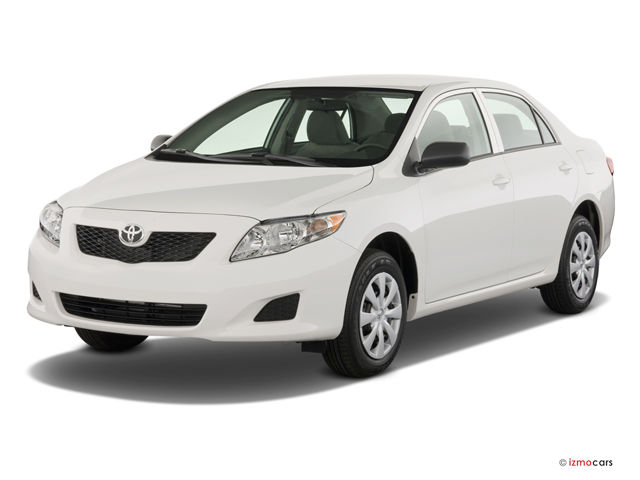Introduction
The Toyota Corolla has long been hailed as a paragon of reliability, boasting a legacy that spans over five decades. Renowned for its durability, fuel efficiency, and affordability, the Corolla has earned a place in the hearts of consumers worldwide. However, not all model years are created equal, and selecting the wrong one could lead to a host of issues down the road. In this essay, we delve into the importance of choosing the right Toyota Corolla model year, highlighting the years to avoid to safeguard your driving experience and investment.
Understanding the Toyota Corolla Legacy
The Toyota Corolla’s journey began in the 1960s, and since then, it has undergone numerous transformations to meet the evolving needs of consumers. Initially introduced as a compact, fuel-efficient vehicle, the Corolla quickly gained popularity for its reliability and practicality. Over the years, it has become one of the best-selling cars globally, solidifying its reputation as a dependable choice for drivers of all backgrounds.
The Significance of Model Year Selection
When purchasing a used Toyota Corolla, one of the most critical factors to consider is the model year. Each year brings about changes in design, technology, and manufacturing processes, which can significantly impact the car’s reliability and performance. By carefully selecting the right model year, buyers can mitigate the risk of encountering potential issues and ensure a smoother driving experience.

Identifying the Toyota Corolla Years to Avoid
Despite its stellar reputation, not all Toyota Corolla model years are free from problems. Certain years have been plagued by reliability issues, ranging from mechanical failures to electrical malfunctions. By analyzing historical data, consumer reviews, and expert opinions, we can identify the years that buyers should approach with caution to avoid potential headaches down the line.
Toyota Corolla Years to Approach with Caution
Several model years stand out as ones to approach with caution due to known reliability issues. These issues may include common problems such as engine failures, transmission issues, and electrical malfunctions. By being aware of these potential pitfalls, buyers can make more informed decisions when considering a used Toyota Corolla purchase.
Factors Contributing to Reliability Issues
Reliability issues in specific Toyota Corolla model years can stem from various factors, including manufacturing defects, component failures, and design flaws. Factors such as production location, supplier quality, and assembly processes can also influence overall reliability. Understanding these factors can provide insight into why certain model years may be more prone to problems than others.
Expert Recommendations and Consumer Insights
Automotive experts and industry analysts offer valuable insights into model year selection for the Toyota Corolla. Additionally, real-world experiences and testimonials from Toyota Corolla owners can provide firsthand knowledge of the ownership experience. By considering expert recommendations and consumer insights, buyers can gain a deeper understanding of the potential risks associated with specific model years.
Mitigating Risks and Making Informed Decisions
To mitigate risks when purchasing a used Toyota Corolla, buyers should employ various strategies. These may include conducting thorough inspections, obtaining vehicle history reports, and taking test drives to assess the car’s condition and performance. Alternatively, buyers may opt for certified pre-owned vehicles or newer model years with improved reliability to minimize the chances of encountering issues.
Conclusion
In conclusion, selecting the right Toyota Corolla model year is crucial for safeguarding your driving experience and investment. By understanding the legacy of the Toyota Corolla, the significance of model year selection, and the factors contributing to reliability issues, buyers can make more informed decisions when purchasing a used vehicle. By heeding expert recommendations, considering consumer insights, and employing risk-mitigation strategies, buyers can navigate the market with confidence and ensure a smoother ride for years to come.




